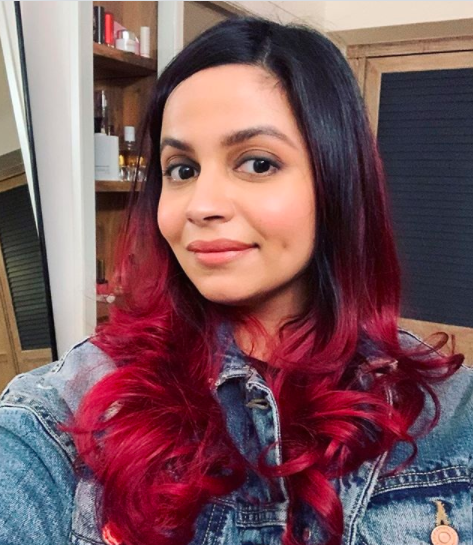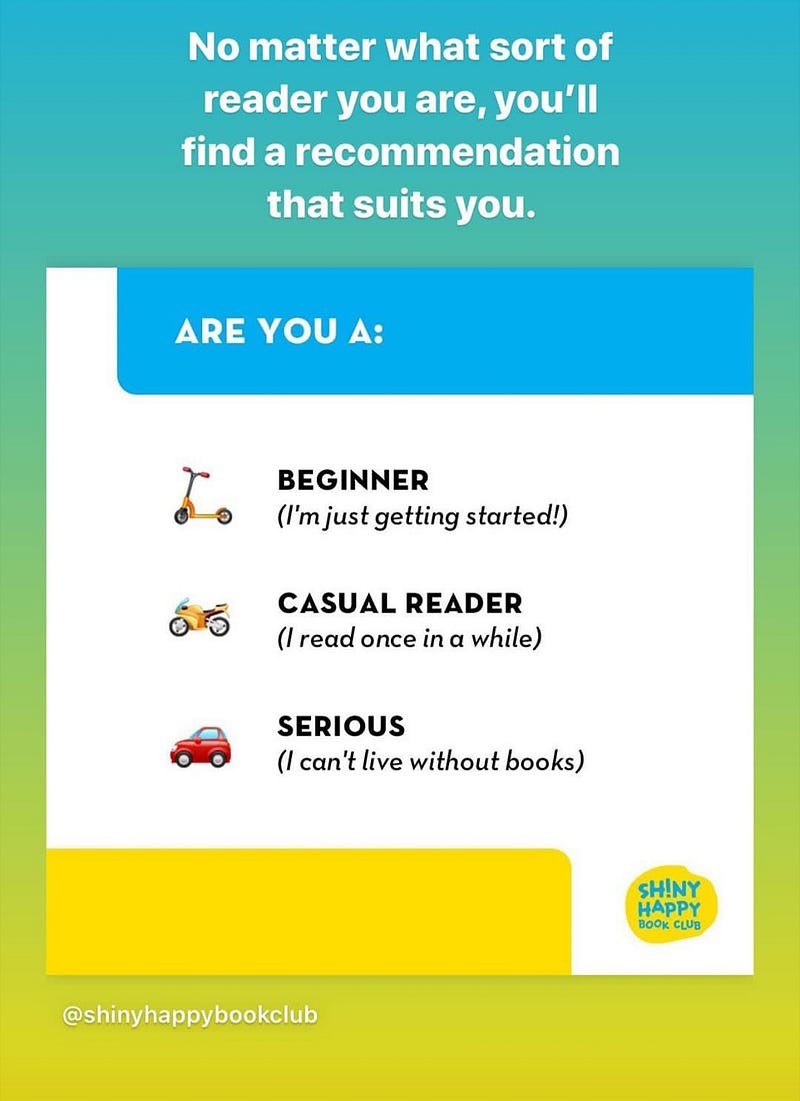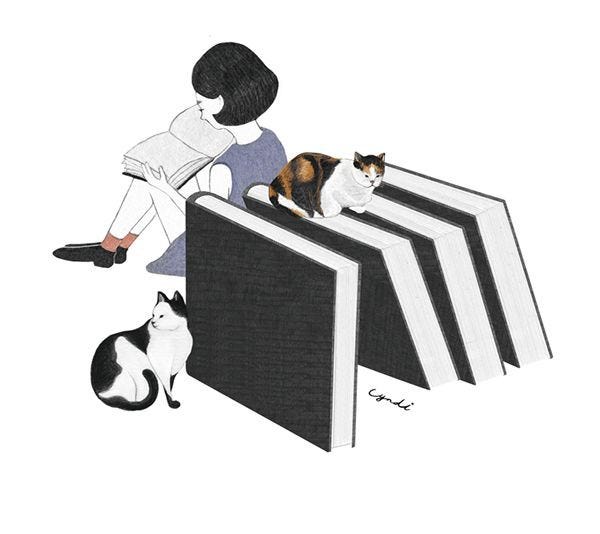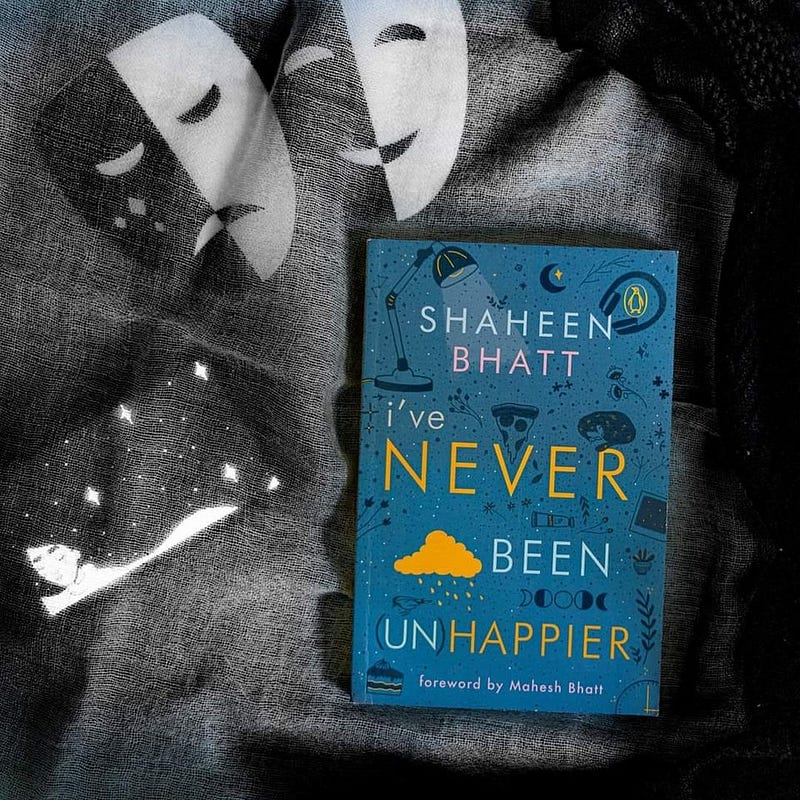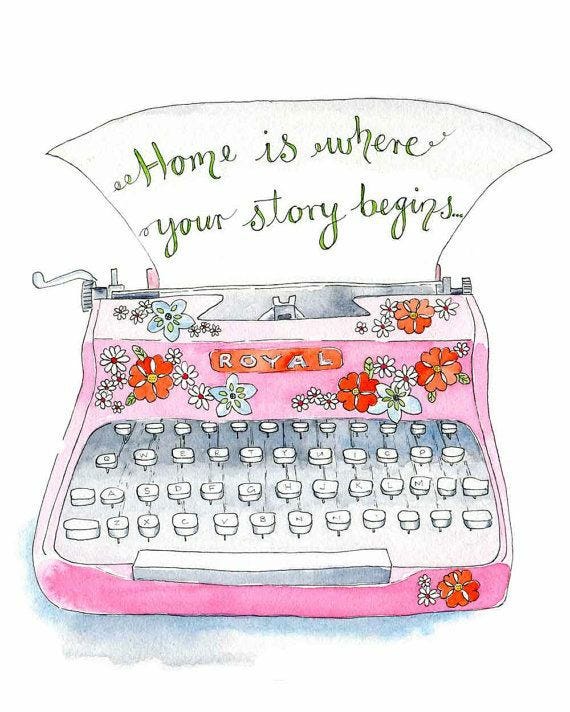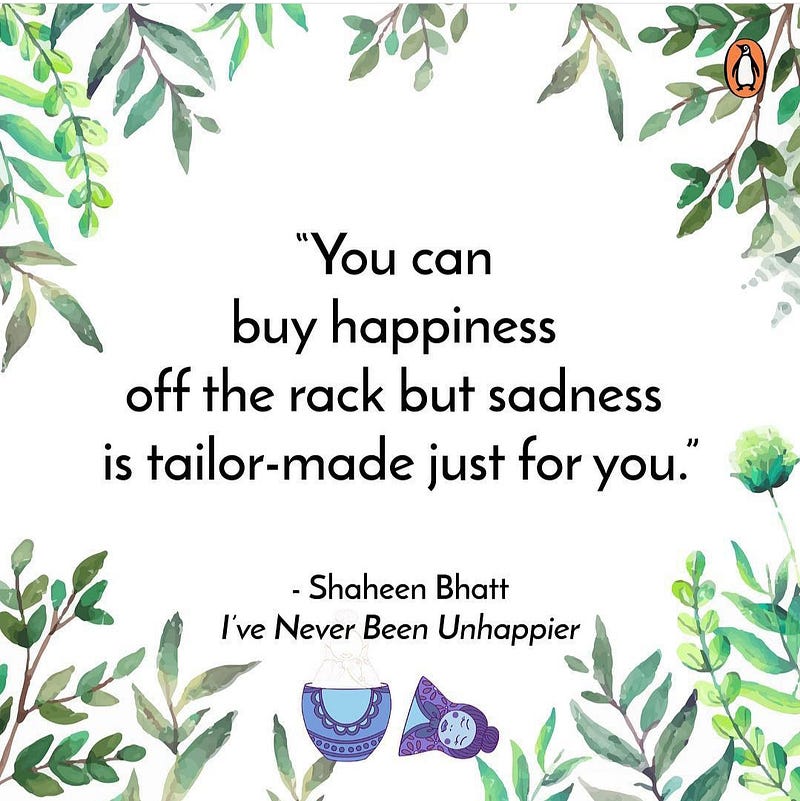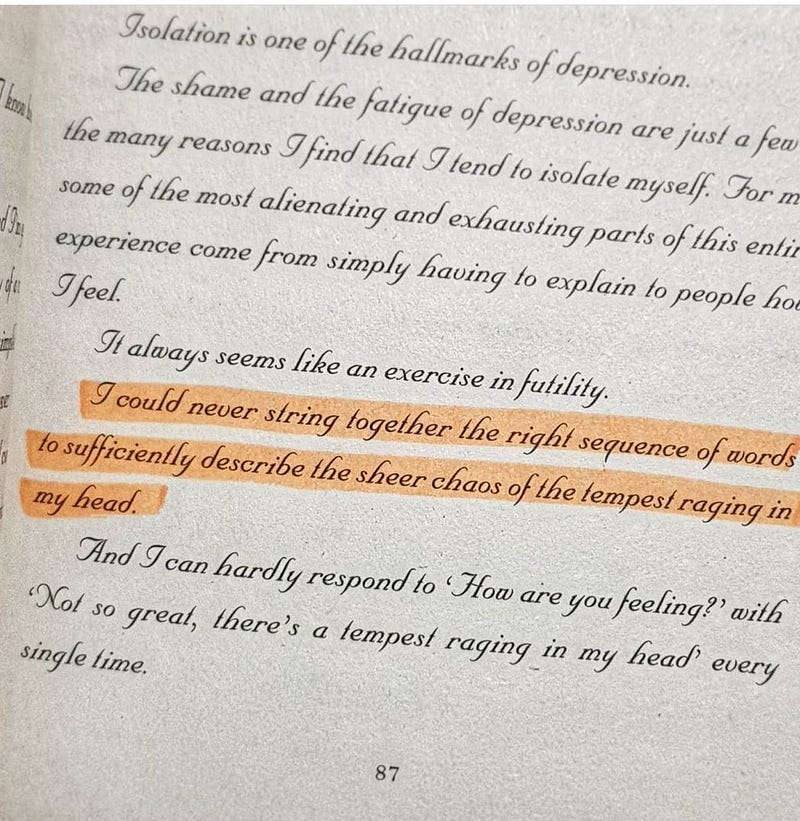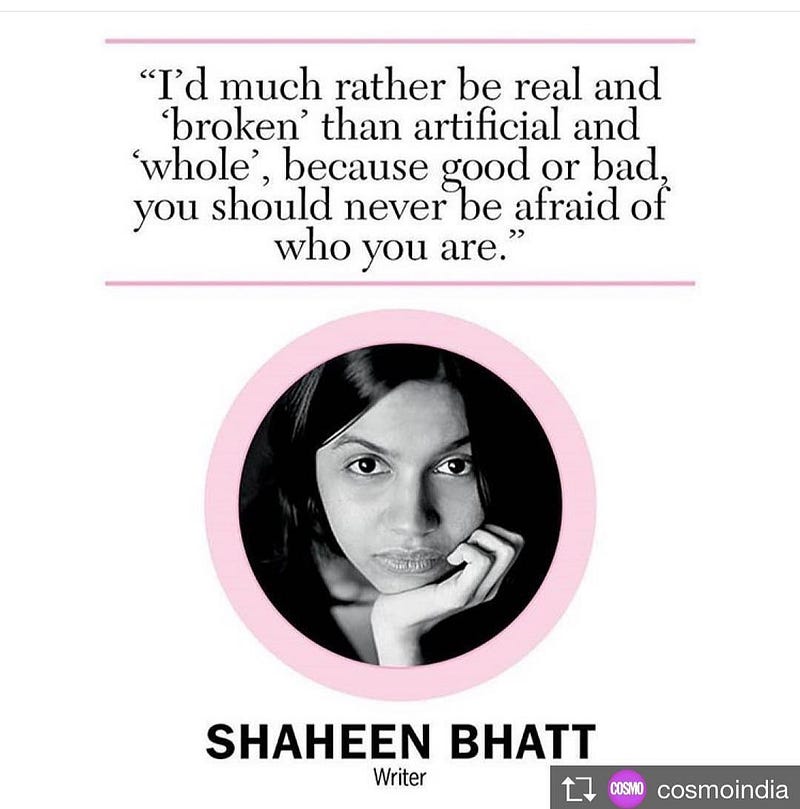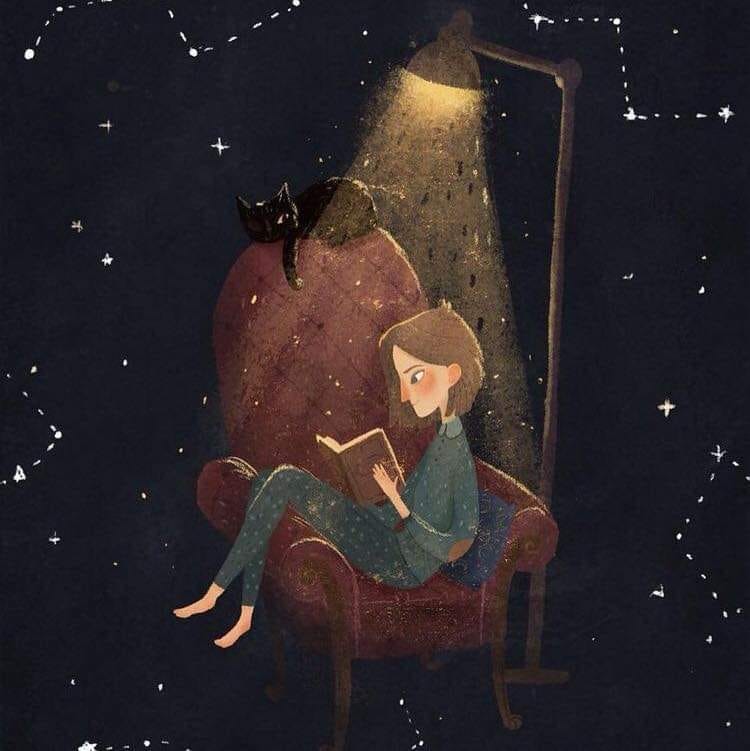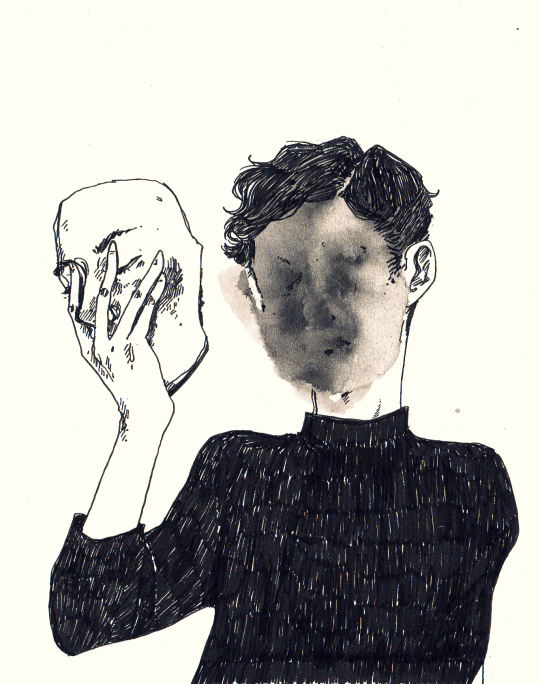An Interview with Shaheen Bhatt — Writer of I’ve Never Been (Un)Happier
I had an insightful Interview and Q&A Session with Mumbai-based screenwriter Shaheen Bhatt about her book ‘I’ve Never been (Un)happier and…
I had an insightful Interview and Q&A Session with Mumbai-based screenwriter Shaheen Bhatt about her book I’ve Never been (Un)happier and everything related to it’s writing process.
This book is an autobiography by Shaheen on her encounter with depression and tackling the norms families and societies impose on issues like depression and other mental health issues.
Through her writings she has tried her best to give a feel of what depression is actually like and what people go through when they have it, but one can only know what depression is like by experiencing it first hand. It is not something to be taken for granted and the person going through it must be given full support.
Shaheen also runs a Shiny Happy Book Club which combines the love of reading with the pursuit of positive mental health. This club is a collaboration between Shaheen’s page (Here comes the Sun official) and Books on Toast.
Here Comes the Sun is a Digital Mental Health Awareness Initiative and Community. The page educates from information to real life stories and experiences.
“I realised how much reading has positively impacted our mental health and that books can be a powerful therapeutic tool.” says Shaheen.
Each month they have a curator who picks out one fiction and one non-fiction book that they believe will help individuals on their journey to positive mental health.
Excerpts from the Interview:-
Q1) You open the book by sharing your own battle with depression. What was it like to open yourself up publicly in such a raw, personal way? You became a bestselling author and expert in depression by telling your story. Did you ever “second-guess” sharing such a personal battle?
Shaheen : I don’t consider myself an expert in depression at all.I’m not a doctor, I don’t have a medical degree and I am not qualified to be an expert on mental health. Depression is different for everyone who experiences it and I don’t claim to have insights others don’t.
The only thing I am an expert in is my own experience and how to share that experience. This book is my journey. It’s my life. It’s an account of the things that I have learned and understood of my own depression.
And to be honest, I never really thought about the act of opening myself up to other people as something to hold me back. I didn’t worry about divulging personal details of the experience because I really believe that when it comes to mental health, we don’t talk about it enough. We see that vulnerability as weakness or as something that can be used against us, which is something I don’t agree with. Vulnerability is a strength and the only way to successfully tackle mental illness is to be open about what it means to live with one.
Like I said, these are my experiences and they can’t be judged as good or bad. They’re just my experiences.
Q2) What was the moment that you decided, ‘I want to write a book about this’?
Shaheen : I never set out to write this book. It’s not something I ever planned or had in mind. I was having a bad day a couple of years ago — 2016 I think it was. And I was in bed, feeling like shit, looking for a picture to post on Instagram. Because my Instagram anxiety was obviously sky high.
And I was constantly looking for happy, positive pictures or fun pictures or trying to think of fun captions when it hit me how ridiculous it was. I was feeling nothing like the thing I wanted to post, so why was I pretending.
So, I decided to just write about how I was feeling, and I posted it. The response I got to the post was incredible. I got hundreds and hundreds of messages and since that day I still get messages about it every single day.
That post opened up a lot of platforms for me from which I could talk about mental health and this book was one of them. Penguin approached me to write and I jumped at it.
I realized just how many people were living with depression but living in shame because of how misunderstood it is and I really wanted to give people insight into what depression can look like on the inside so that those living with it don’t feel like they’re the only ones who feel like this and so that people who have never been depressed or don’t understand depression could get a first-hand account of what their loved ones might be going through.
Q3) For someone who hasn’t experienced any mental health problems themselves, it can be difficult to understand how it feels to be mentally ill. Could you explain to my readers what depression and anxiety feels like to you?
Shaheen : The thing about depression and anxiety is that it feels different to everyone. Both depression and anxiety draw deeply from who we are as individuals and there’s no generalizing it. Even if they’ve never experienced a mental illness, everyone knows what it’s like to feel moments of pain or hopelessness. Those feelings form the base of depression, but it’s so much more than that. For me, depression isn’t just a mental state. It’s also physical.
It’s being fine one day and then waking up the next with no will to live. It’s feeling physically sick from the unrelenting pain and hopelessness in my mind. It’s not being able to sleep, sometimes eating too much, sometimes not eating at all, being on the verge of tears all day but not knowing why, feeling emotionally dead the very next day, not finding enjoyment in any of the things I love, being unable to love those around me, being unable to let them love me. And so much more.
A quote from my book “Depression is lying immobile on the ground for hours. Anxiety is fidgeting, pacing and hyperventilating. Depression is grief. Anxiety is fear.”
Q4) How was your experience of writing the book? What was the hardest chapter for you to write?
Shaheen : It was a roller coaster. To begin with it was my first book. I’d never written a book before and that was hard enough — but then on top of that I was writing a memoir. Which was a bit strange to me initially. People don’t usually write about their lives this early in their life and I was worried I didn’t have the sort of insights I needed to give weight to a memoir. Once I got past that and got to the place where I found the insight it got to a point where it became really painful because I was reliving and confronting some very dark times in my life. But it was also really interesting because looking at a lot of those phases in hindsight and almost like an outsider and a spectator gave me a lot of new insights into who I currently am. It was like very intensive therapy — it’s been quite cathartic. The hardest chapter to write was the chapter about suicide. It meant going back to the lowest point in my life. I also wanted to ensure I wrote about suicide with awareness and sensitivity so it’s something I really had to take my time with.
Q5) I’m a recovering perfectionist myself, so it wasn’t a surprise how many individuals mentioned the appearance of their homes or their children or how they look. And technology fuels the flames with carefully filtered and curated social media feeds showing the happiest, prettiest and shiniest events in all of our lives. Do you think that toxic perfectionism acts as a contributor to depression?
Shaheen : I think that the belief that perfectionism exists, is something that causes us a lot of undue pain in our day to day lives.
We believe that there are perfect versions of ourselves that we’re somehow failing to be, we believe that perfect states of emotional well-being exist and that they’re just out of reach. Similarly, perfect jobs, relationships, lives, experiences.This is not about perfectionism in the day to day sense of wanting your work presentation to be flawless or following your diet impeccably — it’s what that day to day reach for perfection represents — doing these things perfectly will mean that you are somehow perfect or adequate or worthy. But what happens if one of those things falls apart — your self-image falls apart with it.We’re being set up to fail. There is no perfect state of being and the sooner we learn and accept that, the more content we will eventually be.
We’re messy creatures, but that’s where the beauty lies.
Q6) Is writing a way out of depression?
Shaheen : For me, writing was a survival mechanism.I journaled and wrote because it was the only way to make sense of the things I was feeling. It was the only way to evacuate the bad things I was experiencing since at that point, I didn’t know how to talk about it. Through writing I was able to make sense of my thoughts, spot patterns, and in retrospect gain some very valuable insight. Writing saved me.
Q7) Why are depression and anxiety issues on the increase?
Shaheen : Depression and anxiety have been around since man has existed. It’s not just us, other animals get depressed and anxious too.
There are records of depression from as far back as ancient Greece — for a long time they called it melancholia. I don’t think depression is necessarily on the rise as much as we think. I think our vocabulary for mental illness has improved, we’re learning more about it and we live in a more connected world, so we hear about it more than we ever have before. However, there is definitely something to be said for social media and this hyperconnectivity exacerbating and sparking depression and anxiety, especially in teenagers and those with an underlying predisposition to it.
Q8) Most people who go through your experience tend to flee from public view. You’ve come back and had success. As your book starts with a personal account drawn from some corner of your personal journal. I don’t know about you, but I have always maintained my own personal diary wherein I used to ramble about insignificant incidents, rant about a bad friend, and basically pour my soul. I cannot even imagine someone reading even a fragment of my diary. The thought of someone getting to know such personal details about me terrifies the life out of me. Has that been a difficult process?
Shaheen : I’m not sure I came back as much as I forced myself out of hiding.
The thing with depression is that is cloaks you in shame and convinces you that you aren’t worthy of being seen. That your story has no value. That you have no value.There came a point where I was just tired of living like that, I was worried that I would live like that for the rest of my life. So this book, writing about my feelings, putting my journal entries in there was almost a way of forcing my own hand. It was a way of breaking down every wall I hid behind, so I was forced out into the open with nothing left to do but own those experiences and own my story rather than letting it own me. I took the worst thing in my life and tried to turn it into something that empowered me.
And here we are.
Q9) what you’ve learned by writing this book has helped to alleviate your depression? Are you, for want of a better phrase, a happier person?
Shaheen : I have not ‘beaten’ depression, some days it comes back and it comes back hard. Other days, it’s gone without a trace. Writing this book allowed me to lay claim to my story, and through it, my identity. I’ve learned to appreciate my own emotional resilience and I’ve learned to accept that my emotional state is not something still and static, it’s dynamic.It changes every day. I experience great joy, and profound contentment but I also experience deep sadness and pain. I would never claim to be anything as one-note as happy. I’m alive. That’s so much better.
Q10) and lastly, I’d love to hear about some of your mental health book recommendations!
Shaheen : The Noonday Demon: An Atlas of Depression — Andrew Solomon
First, We Make the Beast Beautiful — Sarah Wilson
An Unquiet Mind: A Memoir of Moods and Madness — Kay Redfield Jamison
Reasons to Stay Alive — Matt Haig
This Close to Happy — Daphne Merkin
Staring at the Sun — Irvin Yalom
Thank you all for reading and a big thanks to Shaheen Bhatt for collaborating in today’s post!
It’s a pleasure!

